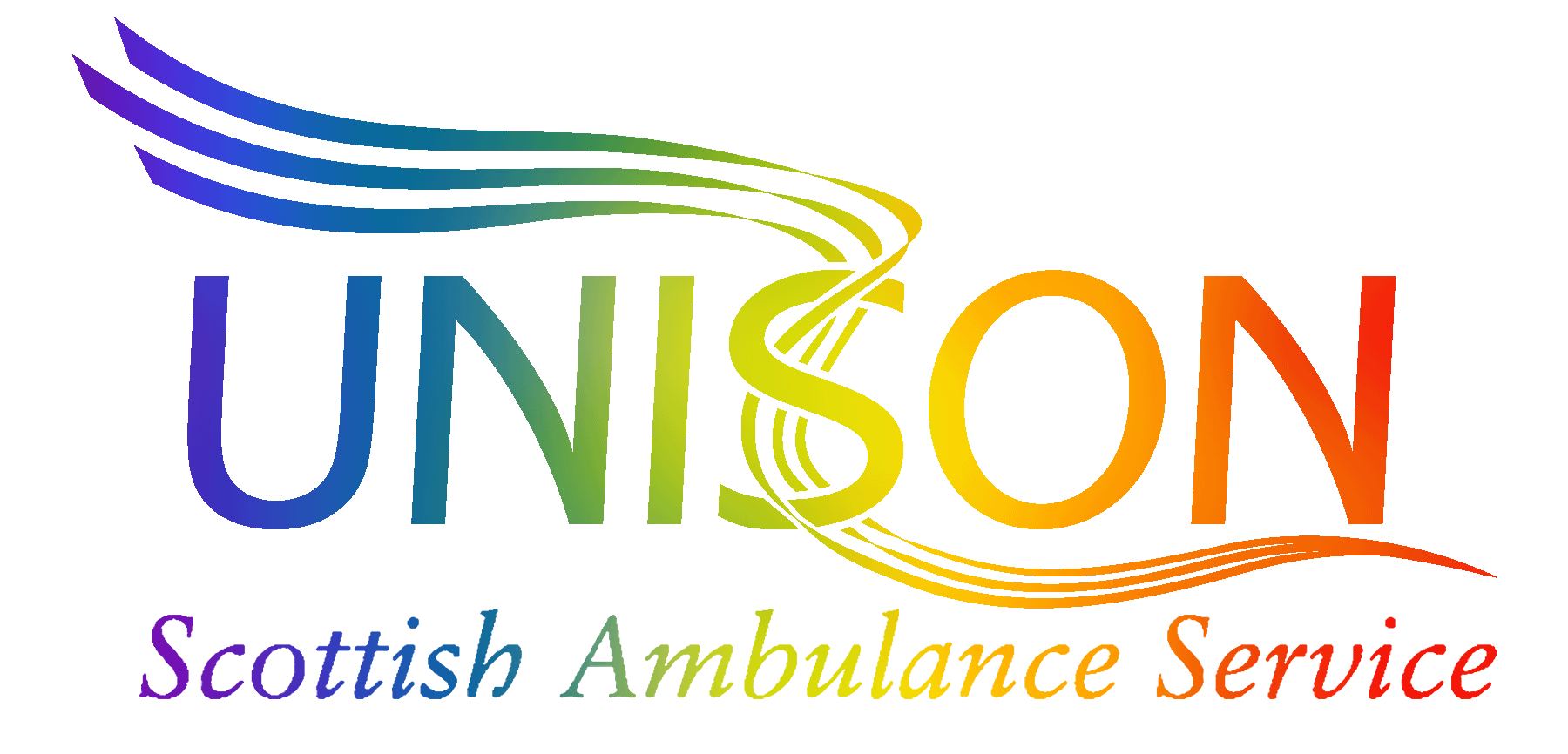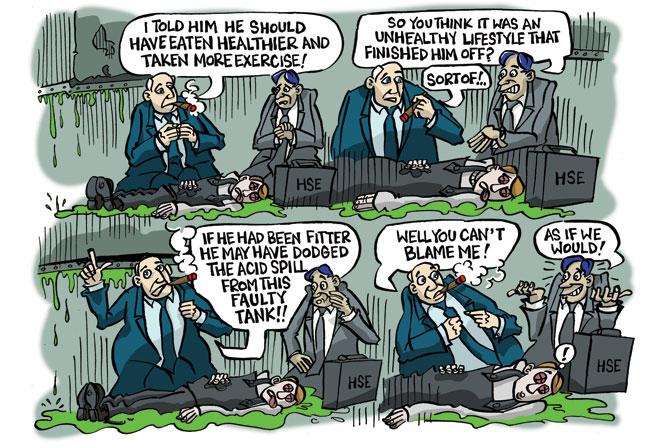‘Staffing crisis putting patients at risk’ – new UNISON survey reveals scale of the short-staffing in Scotland’s NHS
UNISON has today (Tuesday) revealed a survey which shows the widespread failure of the Scottish government to prepare the NHS for the country’s new Safe Staffing Act.
Despite the Act coming into effect on April 5, Scottish government guidance was only made a few days prior, meaning the majority of staff have still received no training or guidance on the new rights and obligations under the Act.
The survey lays bare the reality of working in Scotland’s NHS and reveals:
· Eight in ten staff no longer have confidence in existing procedures for dealing with inadequate staffing
· Almost two thirds (65%) of staff were unaware of the NHS Safe Staffing legislation
· An overwhelming majority (89%) of staff had received no training on the new regulations
Matt McLaughlin, UNISON Scotland’s head of health, said: “The government has had over four years to prepare for this new law, yet guidance was only made available four days before it became law.
“There’s a direct link between staffing levels and high quality outcomes for patients. Our members repeatedly tell us they do not have enough staff or enough time to give patients the care they need and deserve.
“In wards where they do meet staffing requirements, there is often not the correct skill mix to meet patients’ needs. This puts patients’ safety at risk and puts staff in unacceptably stressful situations.
“The reality is that staff don’t believe things are safe and NHS staff are left picking up the slack while no one holds their hospitals accountable.”
UNISON says many incidents of short-staffing is not reported as the recording tool, Datix, is time-consuming and cumbersome, meaning many incidents of short-staffing are not reported. We also received many reports that staff were discouraged from making reports at all.
Matt McLaughlin continued: “The Scottish government does not have a true picture of the scale of the short-staffing situation in the NHS as incidents of short-staffing are chronically under-reported – staff simply do not have the time. And an obvious weakness is that key support staff are not included.
“The Act is potentially a powerful tool for driving up standards – but it can only make a difference if people know how to use it. And when incidents are reported, there is help from health boards to fix the situation.
Despite the Act being in place for almost a month, the majority of staff have received no training on the new legislation. The Scottish government is failing patients and staff and it’s high time it prioritised tackling the staffing crisis in the NHS.”
Further information
· You can view UNISON Scotland’s NHS staffing survey here: https://unison-scotland.org/wp-content/uploads/010524-NHS-safe-staffing-survey-FINAL-DP-TH.pdf More than 3,500 NHS members who are covered by the Act took part in the survey.
· Case studies are available on request. You can make a bid by contacting d.phillips@unison.co.uk
· UNISON is Scotland’s largest health union and represents health workers across the NHS including nurses, midwives, paramedics, porters and administrative workers.
· The Health and Care (Staffing) (Scotland) Act 2019 – more commonly known as the Safe Staffing Act – came into force in April 2024. It places a duty on health boards to ensure adequate numbers of appropriately qualified staff are working in healthcare settings.
Comments from NHS staff
“Our ward is always short staffed, I can count on one hand the amount of shifts that have actually been fully staffed in the last 2 years” Staff nurse, Highland
“Increased staff patient ratios recently due to surge in beds being used in non traditional bed spaces such as corridors. This is being accepted as normal practice within the organisation.” Occupational therapist, NHS Grampian
“Have been on nightshifts when there have been only 2 midwives and me with a full ward of 24 mums and babies.” Maternity care assistant, NHS Lothian
“Regularly work on a night shift as the only band 5 for 27 mental health patients.” Staff nurse, NHS Lothian
“Nurses simply do not have the time to give the patients the time and care they deserve.” Staff nurse, NHS Greater Glasgow and Clyde
“No point in doing datix as nothing gets done.” Staff nurse, NHS Lothian




